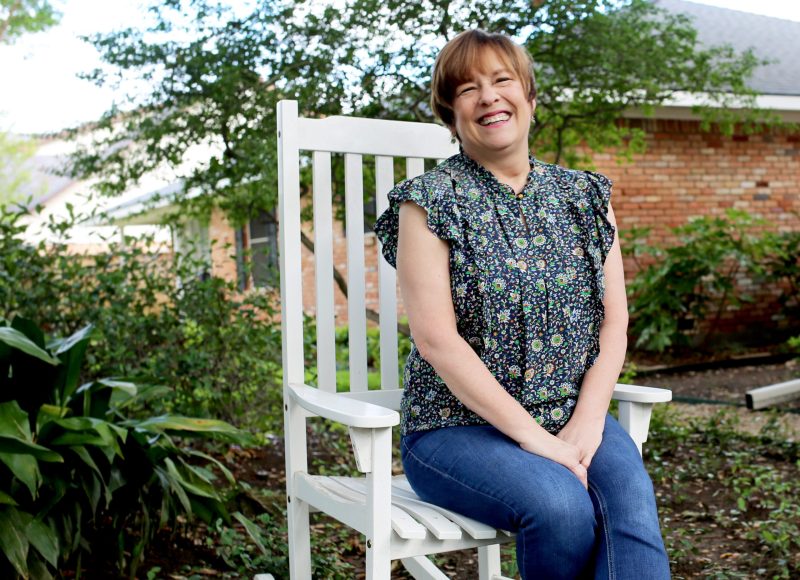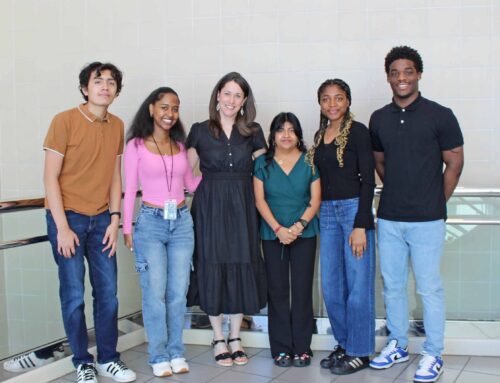Published originally for Dallas Doing Good. Story by Misty Jackson-Miller.
When the pandemic began, nonprofit Mental Health America (MHA) of Greater Dallas found itself quickly shifting to an online format to continue to serve Dallas residents, says Executive Director Bonnie Cook. With the suddenness of the order, not to mention the increasing cases of COVID-19 throughout Dallas County, the social norms governing how one navigates the world had dramatically changed, almost as if overnight. By the end of March last year, the self-assessments on the MHA website saw an 86% increase in traffic compared to the month before. But within two weeks of the first order, MHA was prepared to meet Dallas residents where they were — in their living rooms, their bedrooms or even outside on an afternoon walk.
MHA of Greater Dallas has been a leading champion of mental health since 1947. It connects people to resources within the community, organizes support groups and advocates for policy changes to help support affordable, accessible mental health care.
“MHA is the catalyst to identify and respond to mental health care needs in our community,” Cook says. “We give a voice to people who don’t always have a voice.”
Even now, MHA’s commitment to mental wellness in the community remains unchanged. Like the vast majority of people in this post-COVID world, “we’ve been thrown into this new, remote environment,” she says. “There is no handbook for dealing with this.” Prior to COVID-19, “mental health care has always been face-to-face communication and outreach.” But the team quickly adapted to new demands and online services.
In addition to moving its support groups online, MHA of Greater Dallas has added a list of COVID-19 resources to the website in Spanish. Resources include everything from work-at-home toolkits and organizations that offer mental health services on a free or sliding-scale basis, to organizations that help with job placements, childcare and food assistance. And because younger children are now spending more time online, MHA has made a shortened version of its Scooter Skunk curriculum about cyberbullying available for free on its website.
The stress and anxiety of “this new normal” is indeed widely felt. But for individuals who have been struggling with mental illness prior to the virus outbreak, symptoms of their illness would likely become more pronounced, especially when compounded by unemployment and food insecurity. “Historically,” Cook says, “a lot of people who do have a mental illness don’t have very good coping skills. Those thoughts of ‘I’m not good enough’ and social isolation make it worse.”
There are so many unknowns about the weeks and months to come, which makes planning for the future especially challenging — especially if an individual is also dealing with unemployment. “To be flexible, you have to be in a particular mindset to be flexible,” she says. Through its collaborative approach to fostering mental wellness within our community, Mental Health America of Greater Dallas is helping individuals from all walks of life grow that particular mindset.
If you or someone you know is experiencing a mental health crisis or suicidal thoughts, please dial 1.800.273.8255 for the National Suicide Prevention Lifeline or text TALK at 741741. For help finding a mental health resource, call the Here for Texas Mental Health Navigation Line at 972.525.8181.






